7 FAQs for Baby’s Sleep
A baby’s sleep is crucial for their healthy development; if they don’t get enough sleep, it can be bad for both the infant and the parents.
Children need to sleep, and getting a good night’s sleep is crucial to their development. But it can be very stressful for parents when it comes to children’s sleep issues. because kids are either accustomed to sleeping in or have trouble getting out of bed in the morning. Getting a good night’s sleep is challenging.
To address concerns regarding sleep safety, putting babies and toddlers to sleep, length of sleep, etc., we have compiled 7 frequently asked questions concerning infant and toddler sleep. We sincerely hope you can use it.
Q1: Should you change your kid over if he usually sleeps on his back but rolls over to his stomach at night?
The most secure sleeping position for your infant is on his back.
However, we shall discover that many babies already turn over in their sleep on their own by 4 or 6 months. We observe them sleeping on their sides or on their stomachs in the middle of the night or in the morning even though they are placed in bed on their backs.
You don’t have to purposefully change over babies who turn over in their sleep on their own; you can simply leave them in that posture. However, only if the sleeping area is secure! Make sure the space where your kid sleeps is free of extras like pillows, stray sheets, bed surrounds, etc.
Q2: When can infants expect to sleep through the night?
Most babies can stop waking up at night by the time they are 6 months old, however, studies suggest that 25% to 50% of infants can still experience nocturnal wakings.
Around the age of one year, 30% of infants still get up during the night, and this percentage drops to 15%–20% for children between the ages of one and three. It is important to alert parents and get them to step in if a child wakes up and screams a lot and requires their assistance to go back to sleep.
Everyone’s situation must be examined since children differ from one another personally and because each has a unique sleeping schedule.
Q3: Why do infants wake up so easily?
There is no circadian cycle and newborns typically do not sleep for longer than 1 to 2 hours consistently. They often sleep for 8 to 9 hours at night and 8 hours during the day.
Babies’ propensity to wake up during sleep is actually an essential defense mechanism. Their physiological traits are what cause this phenomenon of perpetual waking up.
On the one hand, young infants require regular access to milk due to their high growth demands. The stomach capacity of newborn newborns is incredibly small; on the first day after birth, it is only 5-7 ml or almost the size of a marble.
However, babies require a lot of energy to grow because they must double in size during the fourth and sixth months of life! Little ones must rely on regular feedings to meet their needs for growth and development because their stomach capacity is so limited.
On the other hand, because of their immature organ development, young children may experience a variety of discomfort. For instance, their intestines are still in the “breaking-in” stage and are just now beginning to be “put into use.”
Newborns are also frequently triggered by a range of information and sleep restlessly because they are afraid of the outside world.
Q4: What does it signify when my kid wakes up cranky?

However, with babies, there might not be much better we can do to completely avoid this circumstance. If you don’t wake him up, you can occasionally have difficulties falling asleep again in the middle of the night.
Q5: What should I do if my toddler frequently drenches himself in perspiration before bed?
Sleep is the time when the rate of change in body temperature is the fastest, and children’s average body temperatures are higher than adults’ (body temperature drops rapidly as the body enters a resting state). Children are extremely prone to sweating when they go to sleep since sweating is a kind of heat dissipation that lowers body temperature.
In order to decrease the disruption of sleep caused by thermoregulation, the body is allowed to cool down and aid at falling asleep in the beginning and should be maintained adequately warm at night. A permeable comforter and a room temperature of about 18 degrees (15.5 degrees–19.5 degrees) are ideal for sleeping.
Q6: How much time is appropriate for a baby’s sleep during the day?
Give your baby enough time to nap during the day depending on his age (the following are just generalities; sleep patterns vary greatly between individuals).
- Most infants begin to establish a more regular sleep schedule around the 4-month mark; infants between the ages of 4 and 6 months often take 2 to 3 naps throughout the day, lasting anywhere from 30 minutes to 2 hours each.
- Babies between the ages of 6 and 12 months often take two naps during the day, varying in length from 20 to up to three hours.
- Individual 1-year-olds may take up to two naps during the day; however, try not to let your child sleep in too late to prevent problems with nighttime sleep. 1 to 3-year-olds typically take a single nap (1 to 3 hours long).
- Preschoolers between the ages of three and five require 11 to 12 hours of sleep at night in addition to a lunch break. Actually, some kids after the age of 3 and the majority of kids after the age of 5 do not require naps.
Q7: What techniques can you use to put your baby to sleep?
Avoid picking up or feeding your infant at the first sign of motion because this not only interferes with their light sleep but also teaches them poor habits. After listening to your baby cry for two or three minutes, check to see whether the diaper needs to be changed.
1. Sleep in a bag.
Your baby may feel more secure and wrapped up in a sleeping bag. Choosing a sleeping bag is not any simpler than buying children’s clothing in bulk.
2. Lightly jolt
As you walk, evenly and softly shake up and down in small increments rather than left and right. Avoid excessive rocking because it is simple to harm your baby’s cervical spine or inner ear.
3. Sucking
The infant’s technique for calming herself. Through tongue and hand touch, a process of IQ growth and quieting down, babies are able to perceive and learn about their bodies.
4. Sound soothing
Sing or hum a tune to the infant in a voice that is a little lower than you would normally use.


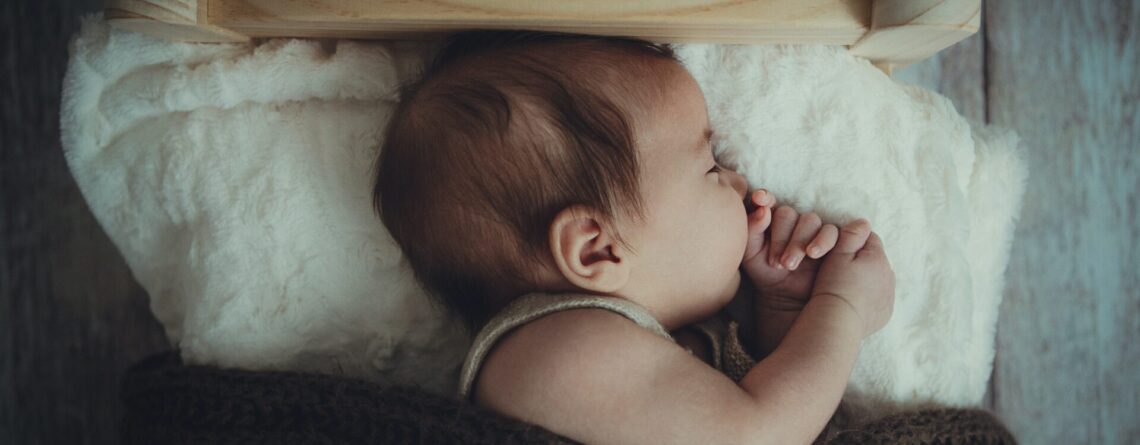

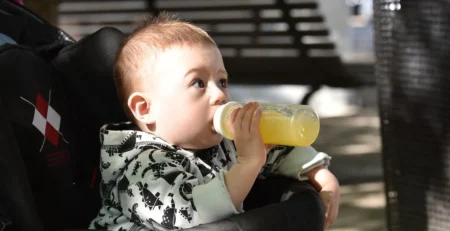
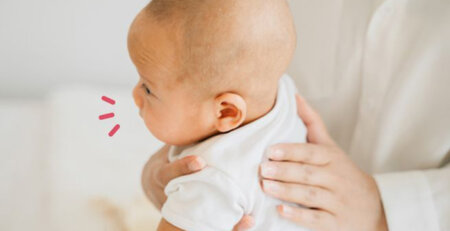
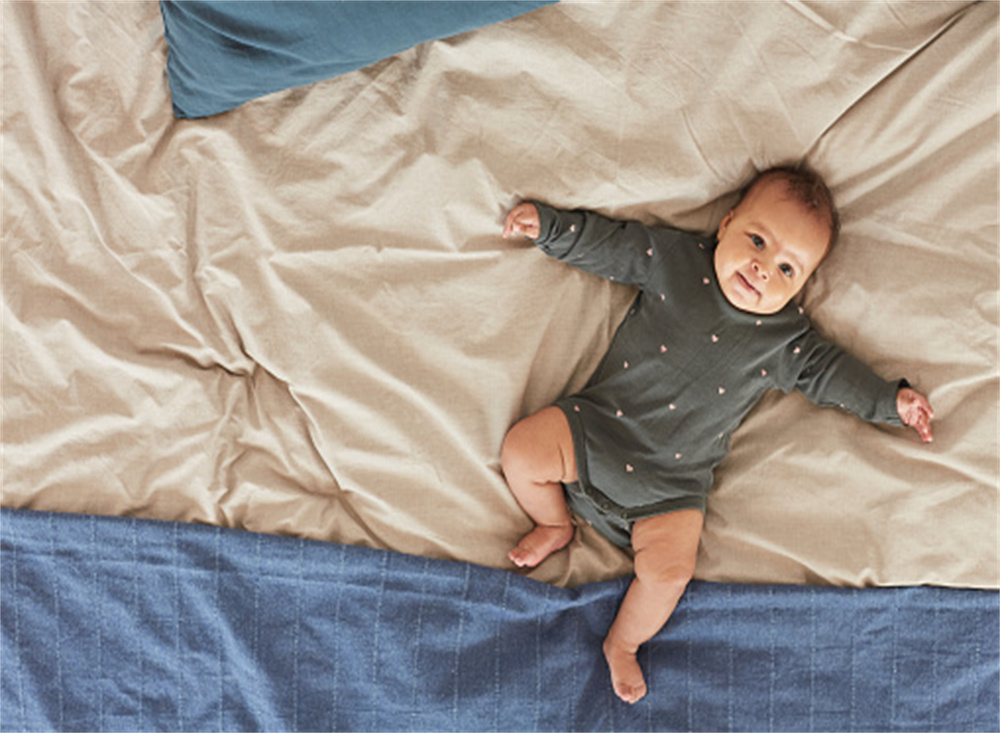


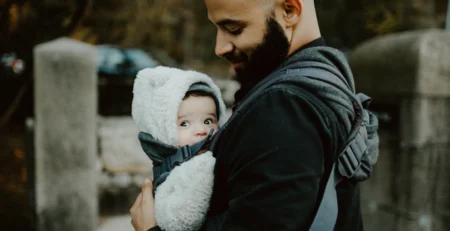

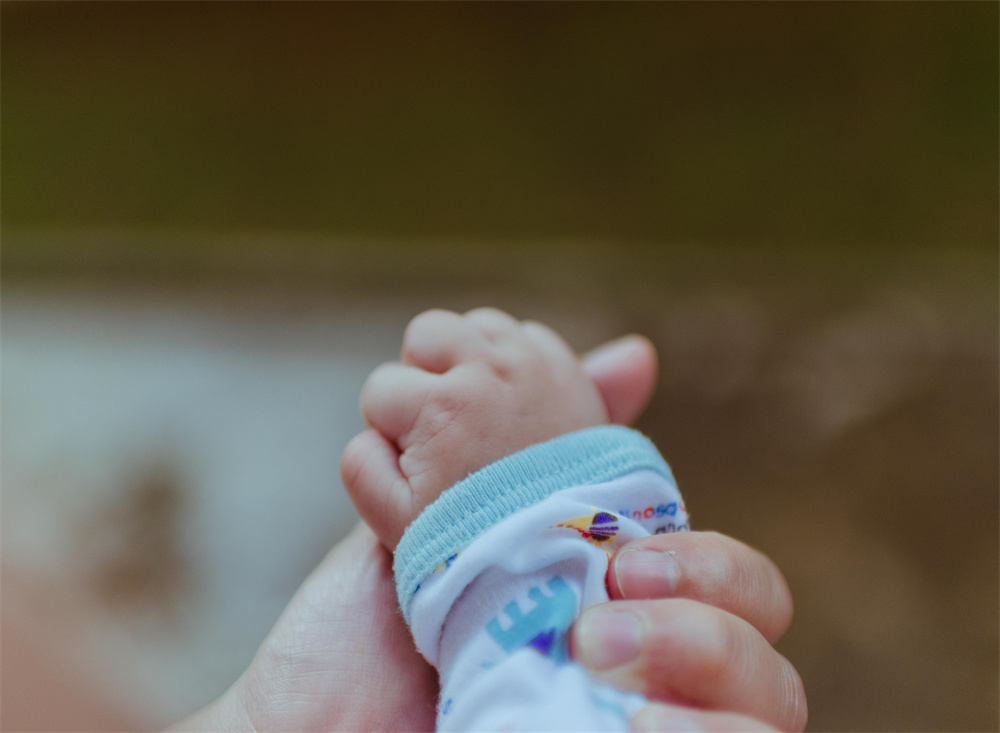

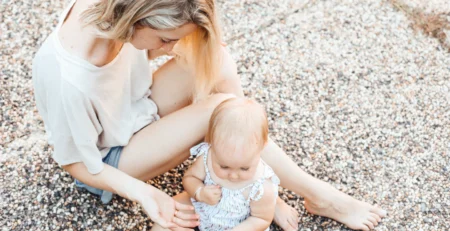
LEAVE A COMMENT